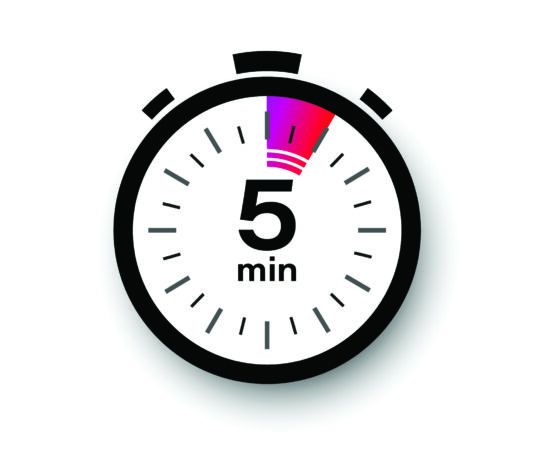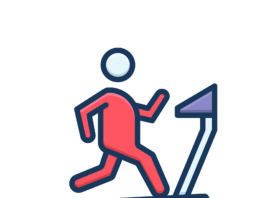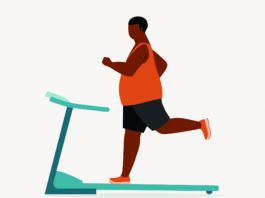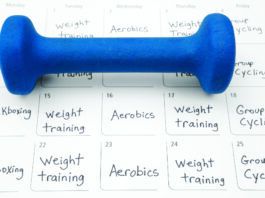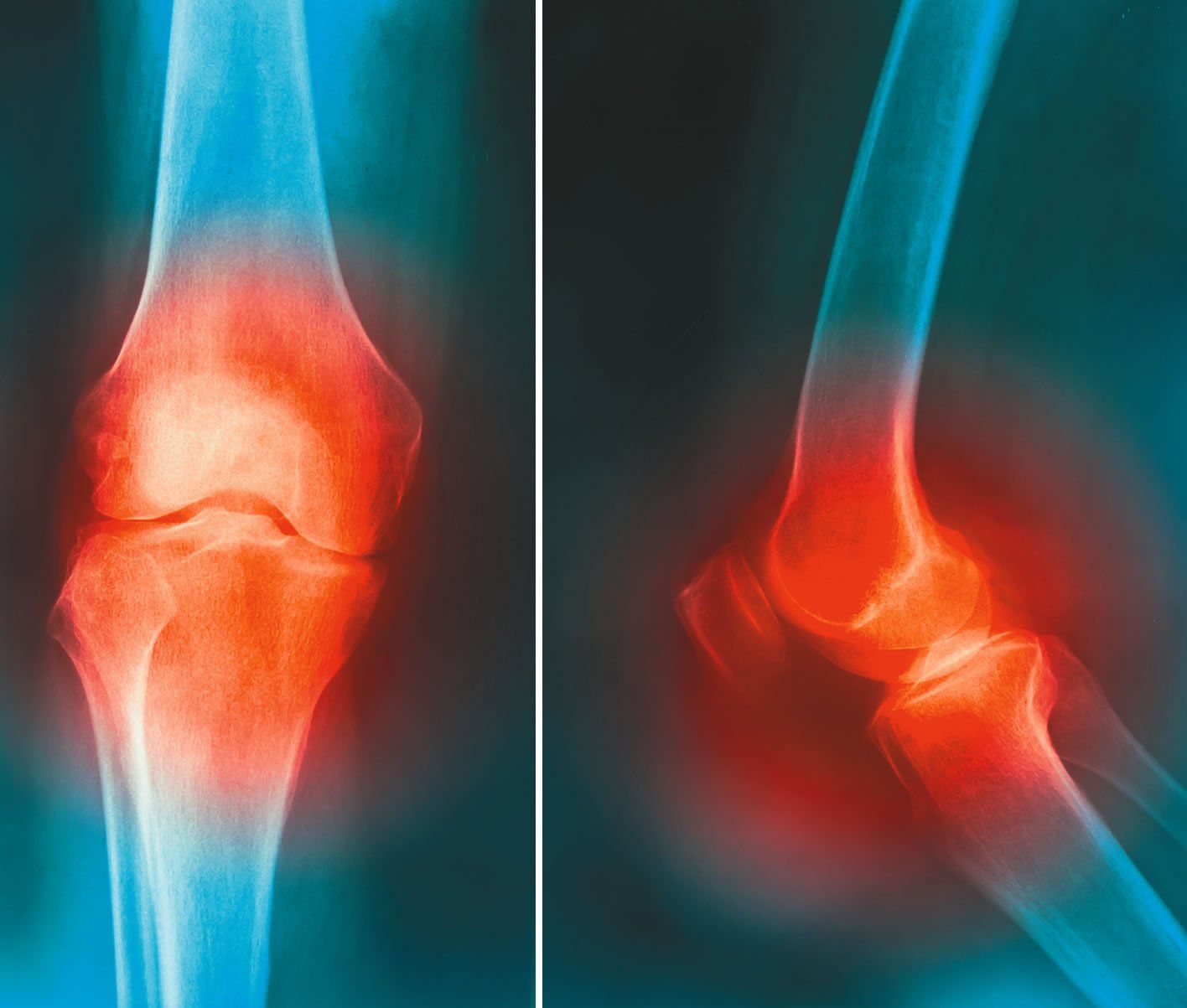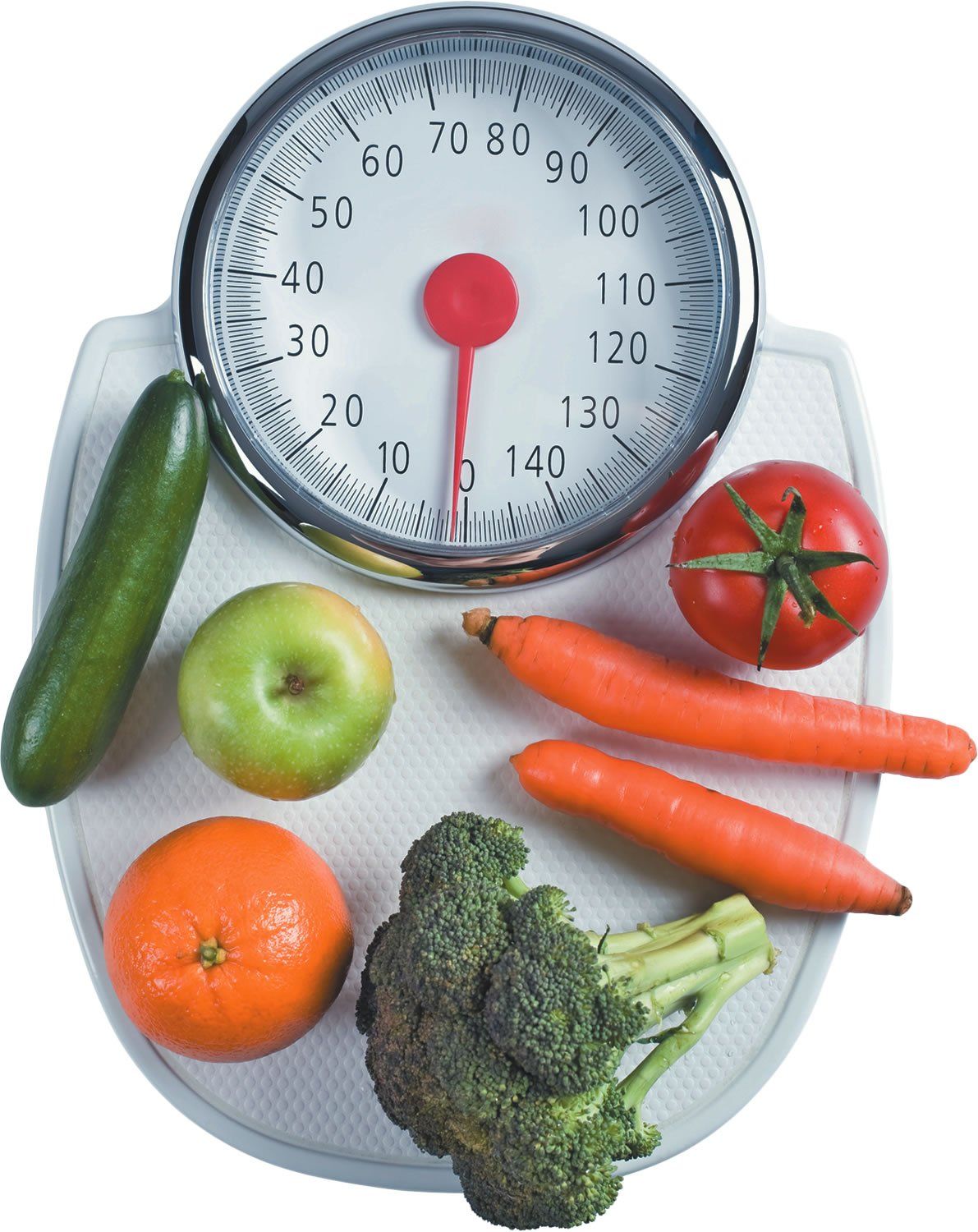Healthy Lifestyle Adds 12 to 14 Years
Maintaining five healthy habits is associated with more than a decade of additional life expectancy after age 50, according to a study in Circulation. The habits include never smoking, maintaining a healthy weight, regular exercise at the recommended levels, moderate alcohol intake and a healthy dietary pattern. The observational study was based on data from two epidemiological studies of health professionals that included more than 123,000 women and men followed for 34 years, as well as data from nationally representative surveys.
Osteoarthritis and Exercise
Wear-and-tear arthritis (osteoarthritis) breaks down the cushion of cartilage that allows joints to flex without grinding bone-on-bone. As the cartilage breaks down, it brings pain, stiffness and swelling. People with osteoarthritis of the hip or knee may experience pain when walking, but actually walking and other forms of low-impact exercise can help to reduce osteoarthritis symptoms
Walking: Key To Staying Active and Independent
Did you get your 10,000 steps today? Many people have adopted this daily walking goal to obtain the recommended amount of physical activity. The 10,000-steps-a-day number comes from the Japanese brand name of a pedometer manufactured in the 1960s, the 10,000 steps meter. In the Fitbit era, counting daily steps remains appealing to many people as a source of motivation.
Brain Health
The number of nerve cells in the brain typically decreases with age, and the levels of the chemical substances involved in sending messages in the brain change. Although researchers arent sure about the exact mechanism, exercise is strongly associated with protection against age-related decline in cognitive function.
Timing of Meals
Research hasnt clearly shown that eating three meals a day is any better or worse than five or six smaller meals, but we do know you should avoid eating less than three times a day, as that could make it tougher to control your appetite. How often and at what times you should eat, therefore, come down to personal preference and your work or activity schedule. Just remember that the more often you eat, the less you should eat at a time.
Strength-Training Recommendations
Strength training, also known as resistance training, is a form of physical activity that exercises a muscle or muscle group against external resistance. It can be performed using free weights, weight machines, resistance bands, or stability balls, or using your own body weight to supply the resistance.
B Vitamins
Although we typically talk about the energy value of food in terms of calories, once you consume food, these calories are converted into a form your body can use to fuel physical activity and unconscious acts, such as breathing and keeping your heart beating. A number of vitamins and minerals are vital to this energy conversion process.
What are Superfoods?
So-called superfoods are nutrient-rich foods said to be especially good for your health. Advertisers and the media seem to be pushing new superfoods everyday - everything from the high heart-healthy fats found in salmon, flaxseeds, and avocado to foods with potent antioxidants, like acai berries, pomegranate, and dark chocolate.
Meet the MIND Diet
While both a Mediterranean-style diet and the DASH eating plan are associated with brain benefits, a hybrid dietary pattern that combines the best of both may be even better at protecting memory and thinking. A 2015 study reported that the MIND (Mediterranean-DASH Intervention for Neurodegenerative Delay) diet was associated with a slower rate of cognitive decline-equivalent to 7.5 years of younger age. These results were based on data from participants in the Rush Memory and Aging Project, ages 58 to 98, who were initially free of Alzheimers disease.
Weight Loss: No Quick Fixes
Achieving and maintaining an optimal body weight can be a challenge. For those of us who carry extra pounds that we want or need to shed, its tempting to turn to crash dieting in hopes of rapid weight loss.





















